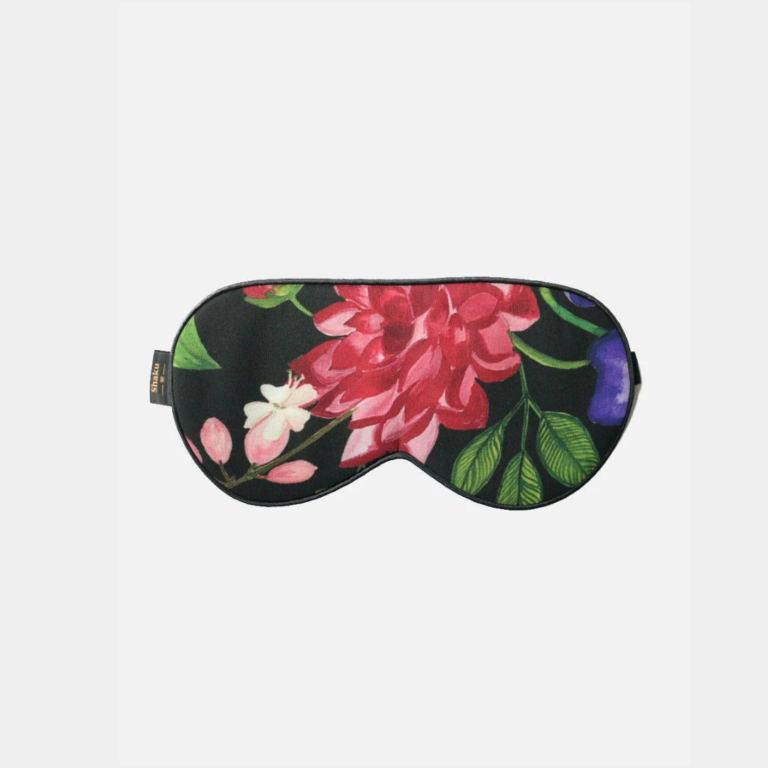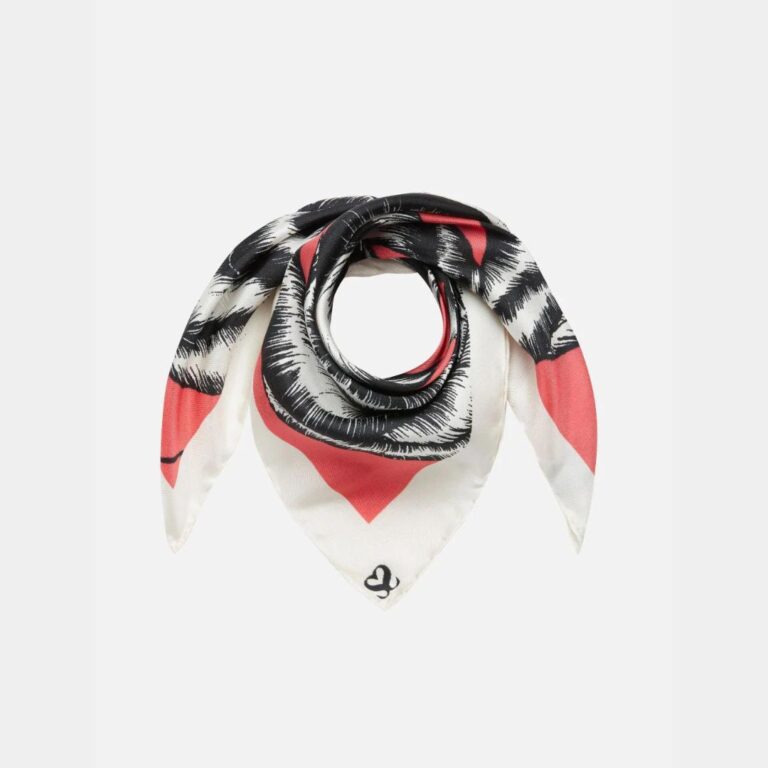
This Listing has been verified by EBD ![]() This Listing has been verified by EBD
This Listing has been verified by EBD
Shaku
Scarfs, Accessories & Homeware
Brand Score:
58%
About Shaku
Shaku’s meticulously crafted designs, showcase a commitment to sustainability. You can a range of Italian silk scarves, hair accessories and homewares. Shaku is committed to using natural threads like silk, cashmere, and cotton, and avoids printing on polyesters. Their dedication to environmental responsibility extends to limited edition production, ensuring rarity and reducing textile waste.
Discarded materials become secondary raw materials, enhancing sustainability. In the pursuit of perfection, each Shaku item undergoes rigorous quality control. Imperfect pieces find new life as Shakera collaborates with artisans, transforming them into luxury accessories and homewares. This circular approach embodies Shaku’s commitment to sustainability, making each piece not just exquisite but environmentally conscious.
Brand Values
 Bespoke
Bespoke Handmade
Handmade Natural Materials
Natural Materials Organic Materials
Organic MaterialsEthics & Sustainability Overview
Useful Links & Supporting Evidence of Ethical Practices
Sourcing & Supplier Transparency Information
Shaku’s manufacturers use non-toxic dyes and chemicals. Opting for traditional printing methods, they save 40% of chemicals and 19% of energy compared to inkjet printing.
Brand Score:
58%
This score is based on the EBD brand review process that factor in a wide range of criteria. A brand must score a minimum of 51% to be offered a listing in our directory.
Areas For Development:
There’s a great deal of positive information on Shaku’s website, however, the focus is on sustainability and key areas of information around ethical practices and supplier transparency are still missing. We recommend the following:
- A clear Ethics page with supporting evidence on the key criteria used to assess working conditions and fair labour for workers. There is also no mention of animal welfare in the production of natural materials.
- Supplier transparency is too vague – we suggest more detail into who the suppliers are and evidence of suppliers’ audits and code of conduct agreements.






